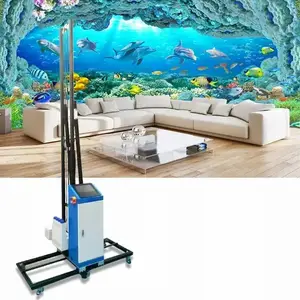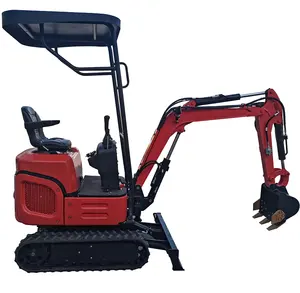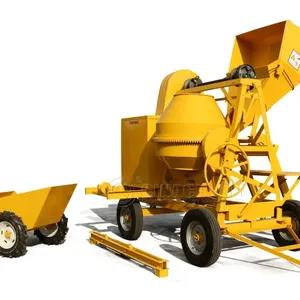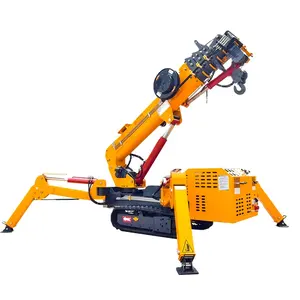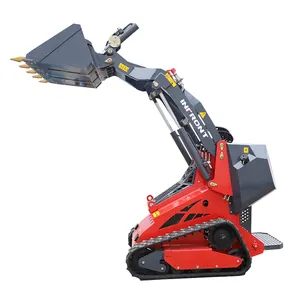Popular in your industry










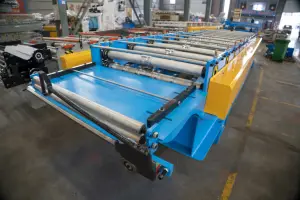





















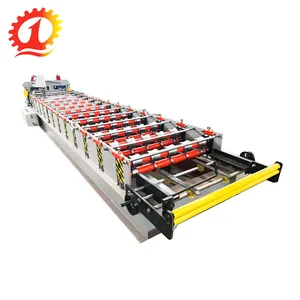






































Related Searches:





















































































































































Top categories
About corrugated roofing roller machine
Introduction to Corrugated Roofing Roller Machine
A corrugated roofing roller machine is a vital piece of equipment used in the manufacturing process of corrugated metal sheets. This machine plays a crucial role in shaping and forming corrugated roofing materials, commonly used in the construction industry for roofing applications. The corrugated roofing roller machine automates the process of creating the distinctive wave-like pattern on metal sheets, ensuring precision and efficiency in production.
Technical Specifications of Corrugated Roofing Roller Machine
The corrugated roofing roller machine is equipped with heavy-duty rollers that exert pressure on the metal sheets to create the corrugated pattern. These machines are designed to handle various sheet thicknesses, with adjustable roller gaps to achieve different corrugation profiles. The power capability of corrugated roofing roller machines typically ranges from 5-15 hp, depending on the size and capacity of the equipment.
Types of Corrugated Roofing Roller Machines
There are several types of corrugated roofing roller machines available in the market to cater to different production needs. Some machines are designed for small-scale operations, while others are more suitable for industrial-scale manufacturing. Additionally, there are portable corrugated roofing roller machines that offer flexibility in terms of on-site production requirements.
Features of Corrugated Roofing Roller Machines
Modern corrugated roofing roller machines come equipped with advanced features such as digital control panels for precise settings, automatic lubrication systems for maintenance convenience, and safety mechanisms to protect operators during operation. These machines are built with robust materials to ensure durability and extended use in demanding manufacturing environments.
Advantages of Using Corrugated Roofing Roller Machines
Investing in a corrugated roofing roller machine offers numerous benefits to manufacturers. These machines enhance production efficiency by streamlining the corrugation process, resulting in higher output rates and reduced labor costs. The ability to customize corrugation profiles using these machines allows for greater flexibility in meeting diverse customer requirements.
Choosing the Right Corrugated Roofing Roller Machine
When selecting a corrugated roofing roller machine for your manufacturing facility, consider factors such as production capacity, material compatibility, and ease of operation. Assessing the technical specifications and features of different machines will help you make an informed decision based on your specific production needs and budget constraints.
Use Scenarios of Corrugated Roofing Roller Machines
Corrugated roofing roller machines find application in various industries beyond construction, such as automotive, agriculture, and packaging. These machines can be used to create corrugated metal sheets for vehicle components, agricultural structures, and packaging materials, showcasing their versatility and utility across different sectors.
Maintenance of Corrugated Roofing Roller Machines
Proper maintenance of corrugated roofing roller machines is essential to ensure optimal performance and longevity. Regular cleaning, lubrication of moving parts, and inspection of rollers for wear are recommended maintenance practices. Additionally, scheduling routine servicing by qualified technicians can help prevent downtime and costly repairs.
Conclusion
In conclusion, corrugated roofing roller machines play a critical role in the manufacturing process of corrugated metal sheets, offering efficiency, precision, and flexibility in production. Understanding the technical specifications, types, features, and advantages of these machines is key to making an informed decision when investing in this essential equipment for your manufacturing operations.
